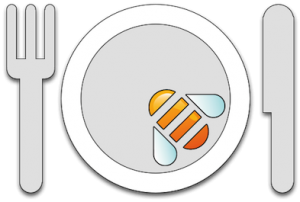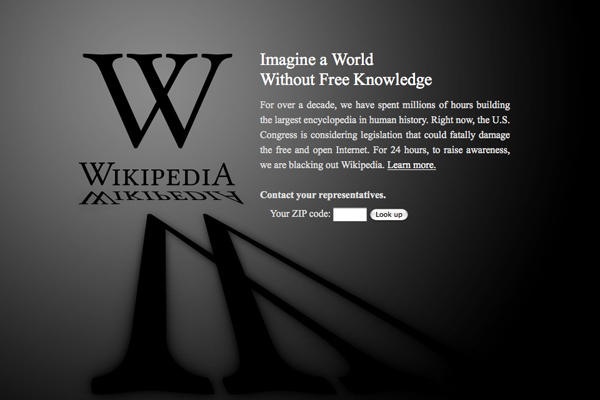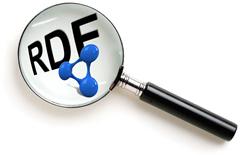
Baby Steps Towards A Library Graph
It is one thing to have a vision, regular readers of this blog will know I have them all the time, its yet another to see it starting to form through the mist into a reality. Several times in the recent past I have spoken of the some of the building blocks for bibliographic data to play a prominent part in the Web of Data. The Web of Data that is starting to take shape and drive benefits for everyone. Benefits that for many are hiding in plain site on the results pages of search engines. In those informational panels …









